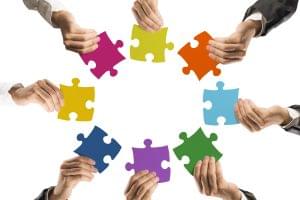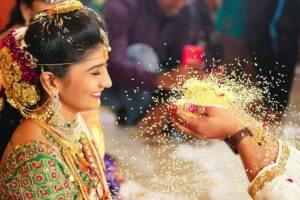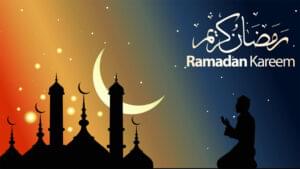Many disciplines, including archaeology, anthropology, theology, evolutionary psychology, and others have spent ages studying the origins of religion and ritual in humans. Play and ritual share many characteristics, and ritual is a crucial part of the early cult rituals that form the foundation of religious systems in all communities. From the earliest ages to the formation of early religion in the Near East, China, Peru, Mesoamerica, and beyond, this book investigates the formative cults and the roots of religious practice.
Leading prehistorians, biologists, and other experts here offer a novel perspective on the prehistoric behaviors that serve as the foundation for all major world religions. They offer significant new insights into the evolution of early societies and show the significant roles played by play rituals and belief structures.
Why do rituals?
The need for ritual is inherent. It is a crucial component of what makes us human and keeps us that way because it was born out of a deep need to express moments of profound experience and change. Over human history, as we encountered those life-changing events, we naturally highlighted them by adorning them with art, music, poems, and prose. We forged the activities into ritual in order to give meaning to the collection of actions that heighten the moment of transformation.
In turn, rituals can function as the punctuation marks in our life, providing us with a sense of structure. On a larger scale, they contribute to the story of our lives by creating a bank of common memories and experiences. They provide an opportunity to step back from the routine and chaos of daily life and express those things that aren’t often expressed.
In those profound moments, we discover that ritual helps us connect with our deepest thoughts and emotions, as well as our greatest hopes and crippling anxieties. To deal with the truths of our aging bodies and shifting relationships, we need it. We speak to ourselves and to others who are closest to us in a way that accurately expresses how we view the world. In truth, it is a recognition of the fact that we are, at our very core, a social species and that we feel compelled to celebrate the significant events in our life with the people who matter to us the most.
How might rituals benefit us?
When we examine the ritual of a wedding, for instance, the components of the ceremony that matter are common. It is necessary to declare the couple’s love for one another out loud and in front of witnesses so that the audience can “see” the affirmations. The ceremony of exchanging vows emphasizes the gravity and solemnity of the event, reminding everyone in attendance that the couple is going to fundamentally alter a facet of their lives.
The value of ritual in funerals is frequently an element of the grieving process. Funerals are viewed as a moment to say farewell, let go, and express feelings and thoughts “one last time.” Again, the traditional funeral elements—the eulogy, the music selection, and the readings—provide consolation to those in attendance by giving them a sense of what to expect.
Rituals can also unite dissimilar people in order to commemorate or celebrate major national or worldwide events. A good illustration of this is Remembrance Day, when people get together in towns, cities, and villages all around the nation to memorialize those who lost their lives in war and hostilities. Here, a community can come together via an inclusive rite that emphasizes the sacrifices made.
Sometimes rituals are painful
Nonetheless, there are times when ritual is not only ineffective but occasionally harmful to us. Many testimonies from persons who attended ‘conventional’ religious funerals exist in the funeral industry. These tales describe how the platitudes delivered were, at best, irrelevant and, at worst, offensively at odds with the ideals of the deceased. If the mourning do not agree with remarks in the service, such as “leaving for a better place,” the intricate process of acknowledgment, acknowledgement, and letting go of the departed cannot take place at this style of funeral, then the grieving process and subsequent healing process are stalled.
When participants in a ritual do not hold such beliefs, introducing a deity can be challenging and frequently impede the ceremony from accomplishing its goals. Written and executed with religious individuals in mind, national and community-based ceremonies and rituals can leave non-religious persons feeling undervalued or, worse, unwelcome.
When rituals represent a person’s belief system and the fundamental aspects of that system that have importance for that individual, rituals are fundamentally meaningful and beneficial. As a result, people become psychologically better, and thus, society as a whole becomes significantly healthier.
Is ritual significant to everyone?
The value of rituals may lie there. Rituals are crucial because they give us power, either personally or collectively. They aid us in solving challenging issues. They support our ability to connect, learn, and grow. In fact, rituals serve a variety of crucial roles in human society. They assist people in connecting with one another while overcoming their worries.




